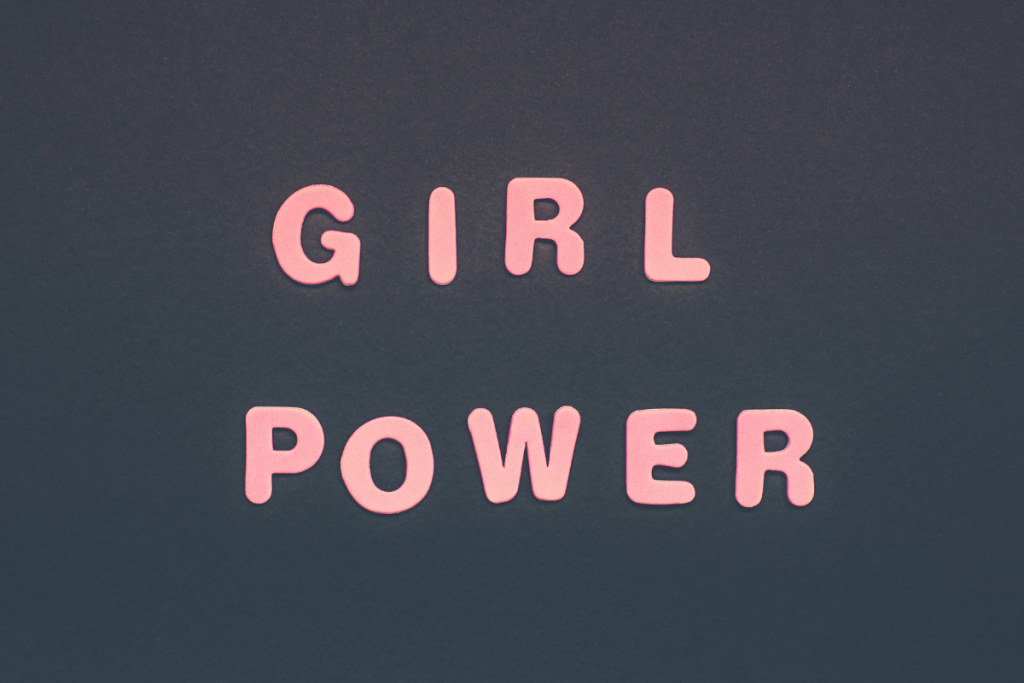I think we can all agree that March has been a heavy month for women in the UK. From International Women’s Day and Sarah Everard’s disappearance, to police protests and Women’s History Month, women’s rights have been at the fore of most of our discussions during what has felt like the longest month of the year to date.
Here at Studenteer, we decided not to speak to women, but to men, to see what they had to say about women’s rights today.
Now you might be thinking to yourself, “Why bother hearing what men have to say about women’s rights – women’s rights is about issues affecting women, and how women can achieve equality with men, not what men think and feel about all of this”.
However, with the Guardian recently revealing that 97% of women in the UK have suffered from sexual assault at some point in their lives (a statistic unsurprising to most women; yet shocking to most men), and with men making up almost 50% of the population, now is not the time to polarise the debate even further.
Women’s rights cannot exist in a vacuum because women do not exist in a vacuum. Unless the plan is to get rid of all the men currently walking the Earth, women and those smashing gender binaries will never truly achieve equality without hearing what men have to say about it.
And with that in mind, cue the men.
Defining women’s rights
In conversation with our men, defining women’s rights appeared a relatively uncontroversial issue. With Dan suggesting it is “women enjoying the same rights as men in every area of life”, and Johnathan stating it is “entitlement to be free from discrimination, oppression and systemic traditions and live equally without limitation”, all answers were in line with the dictionary definition of women’s rights.
The most notable takeaway from these conversations was that women’s rights actually has much more to do with men than first thought. With all unanimously answering that gender equality does not currently exist, almost all attributed this to male power.
Of course, we all know that it is men who have dominated biologically, culturally, and socially for centuries, creating patriarchal structures wherever they fancied. However, through these conversations, it became clear that it is not strong, independent women who will ultimately dismantle those structures, but men, or rather the society dominated by men, who must do so.
Now, I’m not saying that strong women aren’t effective, merely that until society enables men to be fully comfortable in giving up their current position of power, that gender equality will not be achieved.
(Just think about it for a second: the word “women” even has the word “men” in it! How could it not be about them!).
Male violence and sexual assault
With 97% of women suffering from sexual harassment at some point in their lives, it begs the question: who is doing the assaulting, because it must be someone? Is it 97% of men, just a few bad apples, or an unidentified intruder in the night?
All men asked came to the same conclusion: that male violence is linked to the pre-existing patriarchal societal structures, not simply one or two bad eggs violating women whenever they please. As Johnathan summarised, “This is not the story of all men; but the story of society”.
With male violence likely stemming from their biological power and dominance, there now exists a culture of “men thinking they can get what they want through force”, Dan comments. This, I suggest, pervades throughout society, from inequal pay and opportunities in the workplace; to unsolicited sexual comments whilst walking down the street, running in the park, or simply going to work; to sexual assault, rape, and murder. As Connor notes, “it’s awful that something so horrible as the Sarah Everard case had to happen for people to stop and realise something isn’t right”.
Everybody deserves the fundamental right to feel safe, and nobody deserves to suffer at the hands of male violence. This shouldn’t be news to anyone.
Are we doing enough?
Connor supports women’s rights by sharing and promoting women’s voices on social media; Danny makes a conscious effort not to speak over at women in the office; and Dan tries to treat all the women in his life exactly the same as he would any man.
But is this enough? Small acts of activism are, of course, important, but how effective can they truly be against the dominating power that is the patriarchy?
In the aftermath of the Sarah Everard case, social media was set alight with posts focussing on what men can do to make women feel safe. “Cross the street away from women walking alone at night”, suggested one post. “Walk your female friends home”, pitched another.
Yet whilst these suggestions may reduce the number of women assaulted by men at night-time, they miss the entire point: that it is not men, nor women, who must fundamentally change if male violence is to decrease. It is society.
Therefore, although important, individual acts will never be enough. They are in themselves minimal, varying in quality, and often tokenistic. Whilst these efforts do, I’m sure, come from a good place, we don’t need people to cross the street at night, but people who challenge the system so that nobody needs to cross the street in the first place.
What next?
I repeat: women’s rights cannot exist in a vacuum because women do not exist in a vacuum. It is clear that for true equality to be achieved, men, women, and those smashing gender binaries must listen and talk to one another. Hopefully, more diverse, inclusive and informative education will ultimately tackle male violence and reduce inequalities between the genders, but I am doubtful this will happen within our lifetime.
But until then, my best piece of advice is to follow in the words of Bimini Bon Boulash and keep looking so sexy that men can’t not dismantle the patriarchy!

By Amy Freeman for Studenteer
© All Rights Reserved, Studenteer 2021

